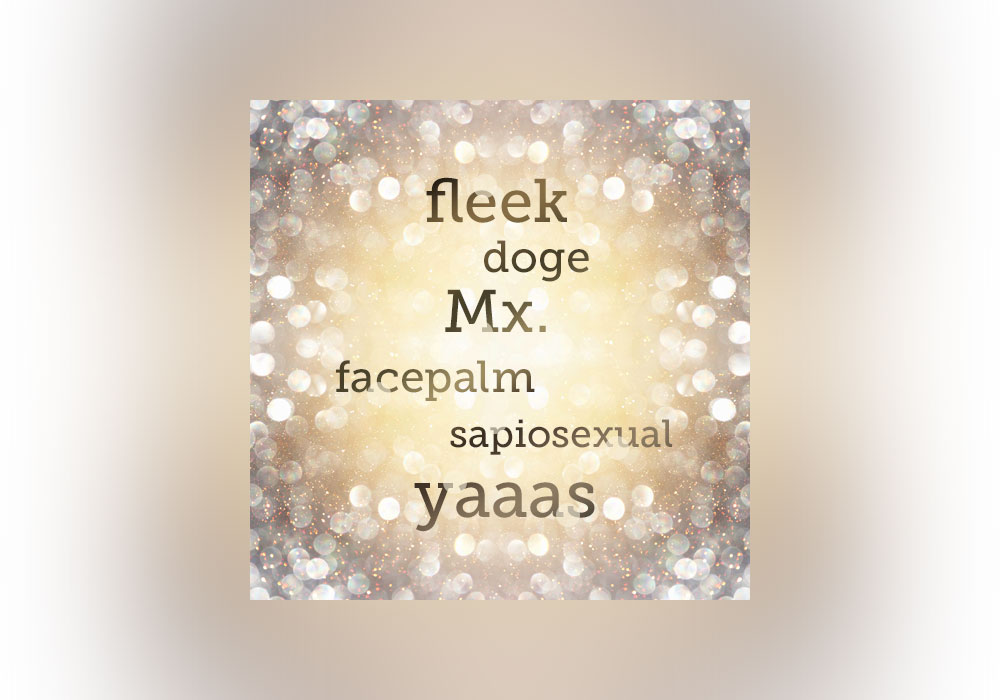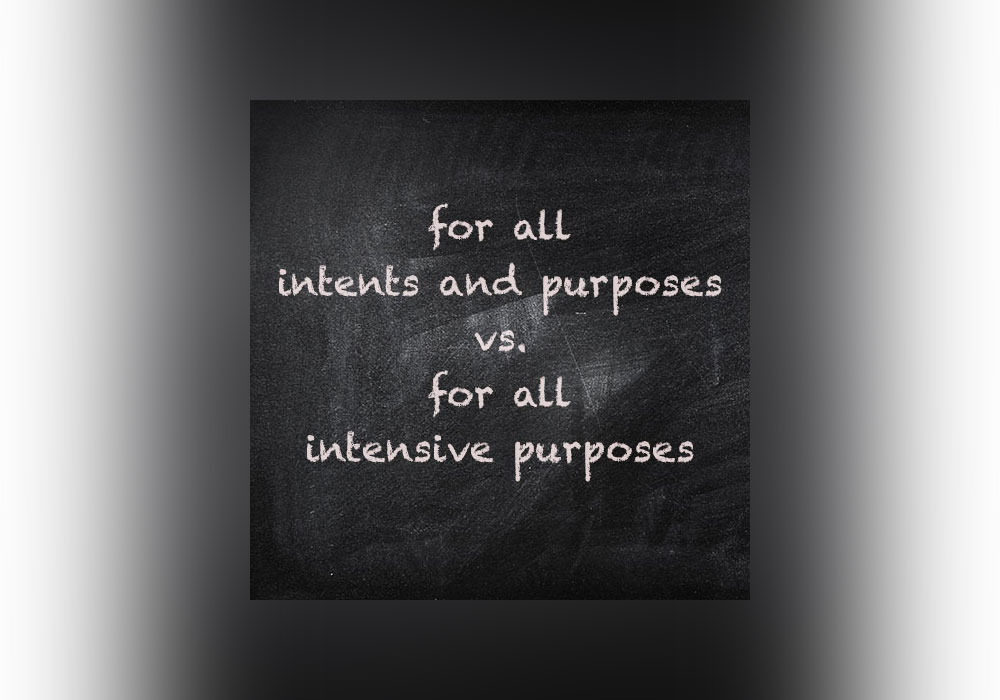Archives
-
You Didn’t Invent That: Charles Dickens and Boredom
Charles Dickens is often given credit for inventing words that he was not the first to use. This is not surprising, if only because he was much more widely read than some of the people who had used these words before him. Dickens was also far more attuned to the language of the streets than were most of his contemporaries, and so his writing contains …
-
Lexical Investigations: Google
A motley combination of Anglo-Saxon, Latin, and Germanic dialects, the English language (more or less as we know it) coalesced between the 9th and 13th centuries. Since then, it has continued to import and borrow words and expressions from around the world, and the meanings have mutated. (Awesome and awful once meant nearly the same thing.) Some specimens in the English vocabulary have followed unusually …
-
Lexical Investigations: Goggle
A motley combination of Anglo-Saxon, Latin, and Germanic dialects, the English language (more or less as we know it) coalesced between the 9th and 13th centuries. Since then, it has continued to import and borrow words and expressions from around the world, and the meanings have mutated. (Awesome and awful once meant nearly the same thing.) Some specimens in the English vocabulary have followed unusually …










